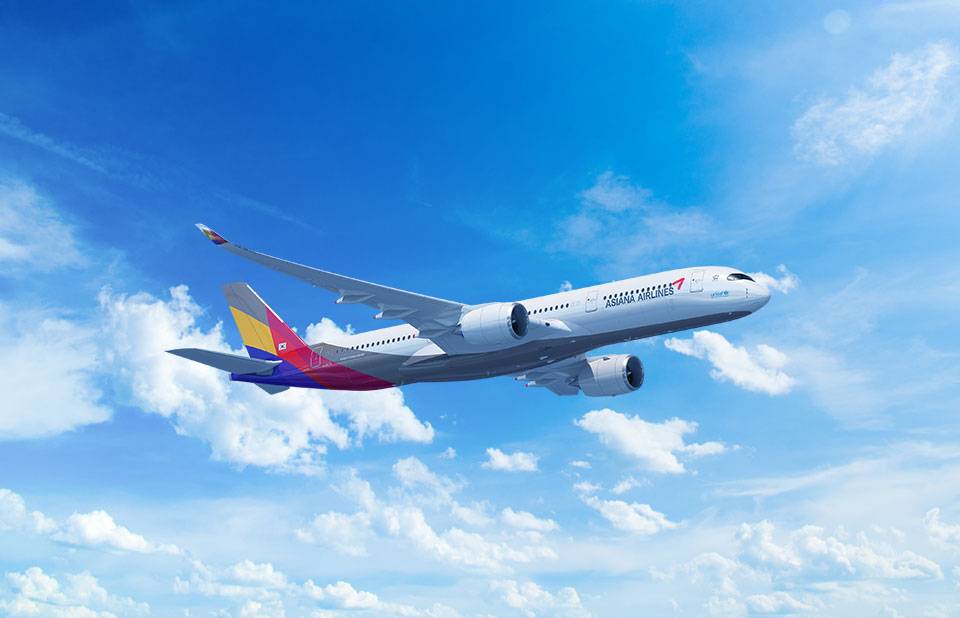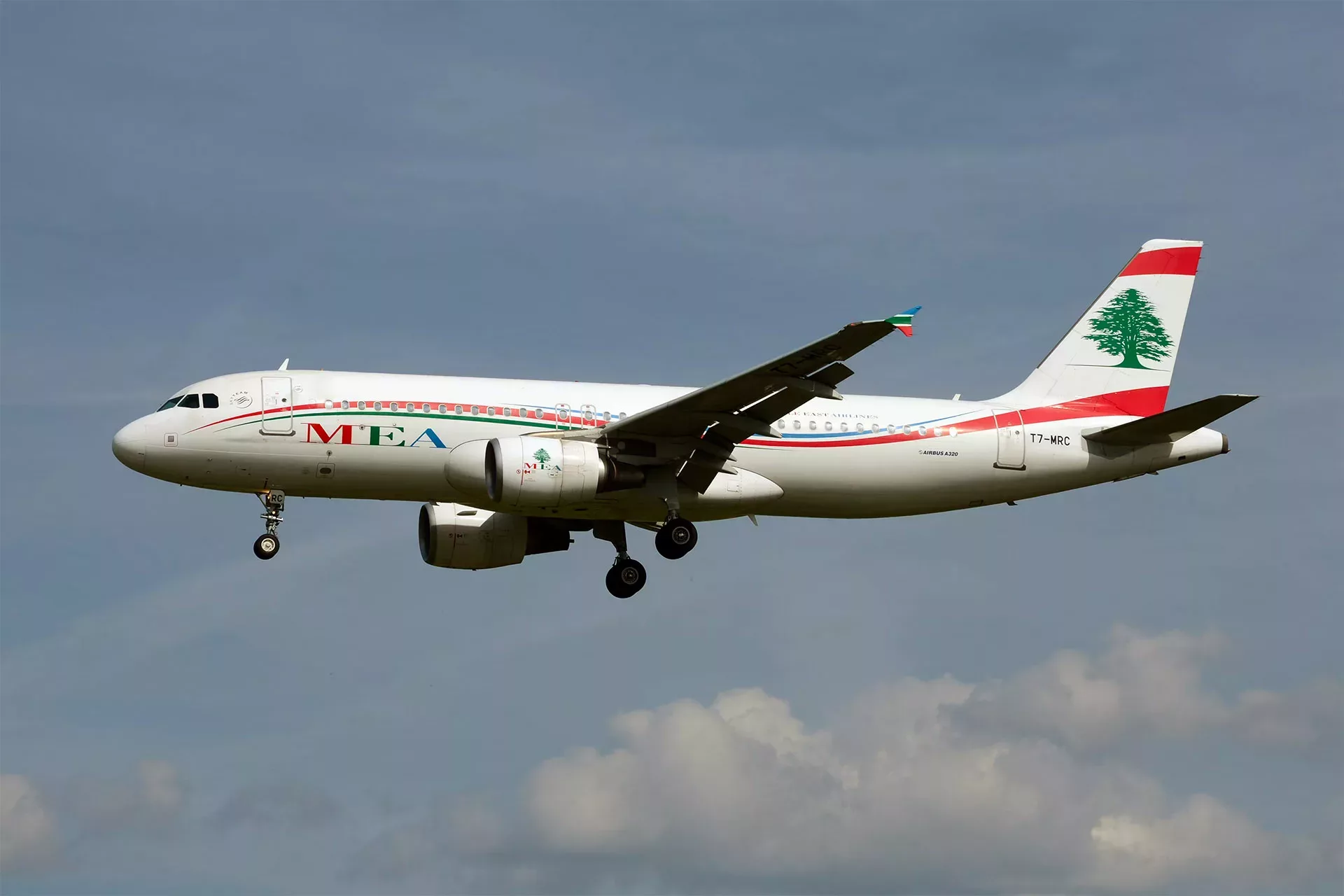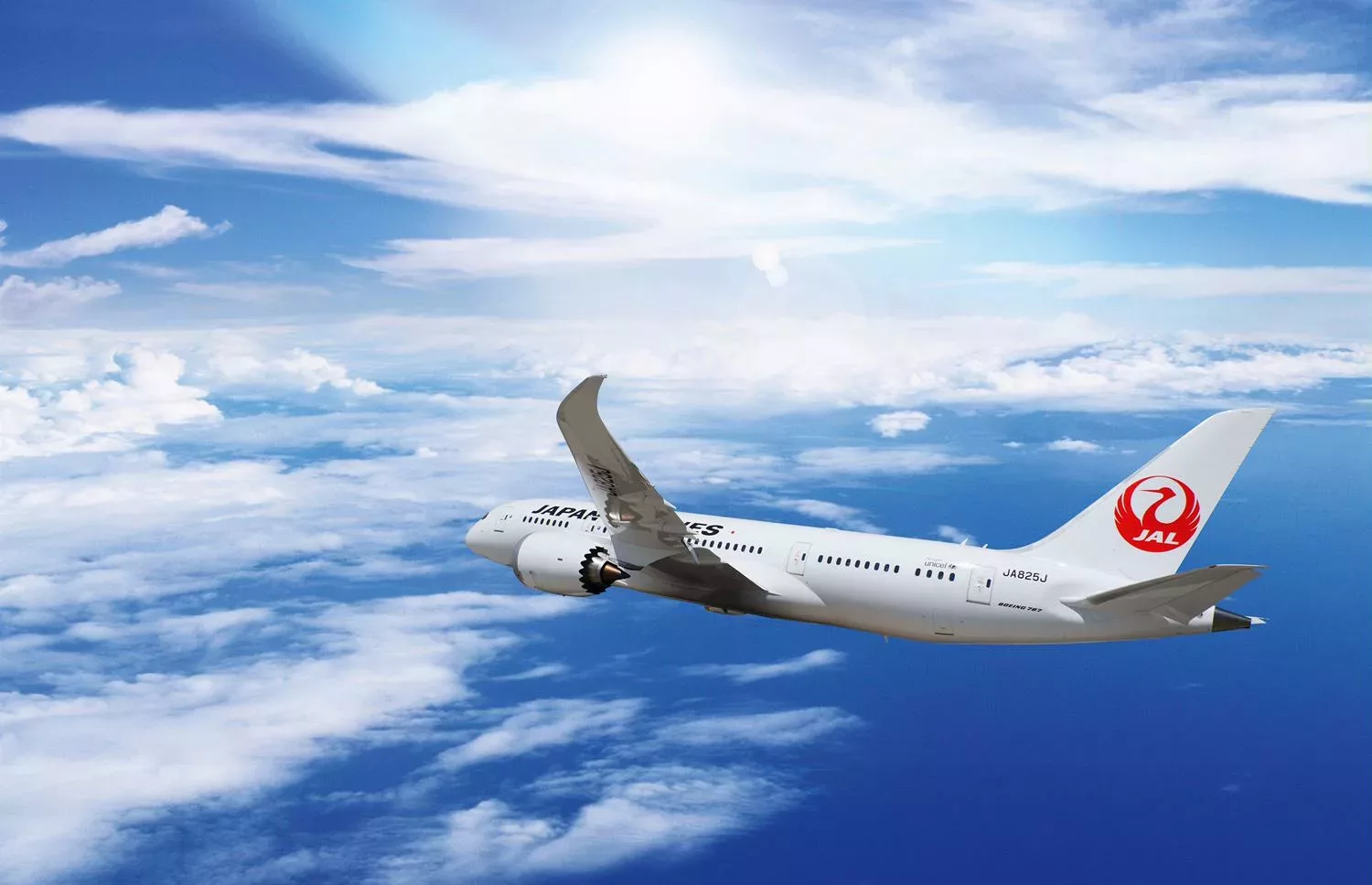Korean Air’s planned merger with Asiana Airlines seems to be hitting the rocks as the U.S. Department of Justice (DOJ) is considering suing to block the deal. The merger, which has already faced scrutiny from international regulators “is poised to collapse” according to The Korea Economic Daily as further challenges from U.S., EU, and Japanese regulators are expected.
In this post:
DOJ Plans Potential Anti-Trust Suit To Block Merger
The DOJ’s potential lawsuit is rooted in fears over competition in both passenger and cargo traffic between South Korea and the United States. According to sources cited by Politico, the department is concerned about the merged airline’s impact on overlapping routes to the U.S., as well as control of cargo transportation of essential goods like microchips.
This comes on the heels of the DOJ victory, at least for the time being, in the case against the JetBlue/American Airlines Northeast Alliance. If the department moves forward with a lawsuit against Korean Air and Asiana, it would mark its third attempt to prevent what it deems monopolistic practices in the airline sector.
International Anti-Trust Regulators Weigh In On Merger
Global antitrust regulators have been closely monitoring the proposed merger. While some countries, including South Korea, China, and the U.K., have already approved the deal, approval from US, EU, and Japanese regulators is yet to be granted and is considered critical to completing the deal.
EU regulators opened an in-depth probe earlier this year and have until August 3 to reach a final decision. The EU is concerned about competition on passenger routes to major European cities and cargo services throughout the bloc and wants to continue to see competition at Asiana’s level to approve the deal.
Even as stormy clouds gather around the merger, Korean Air executives sound bullish on their ability to monopolize the full-service airline sector in the world’s 10th largest economy. Speaking to Bloomberg, Chairman & CEO Cho Won-tae asserted that the airline was willing to make “big concessions” to push the deal through. “We are in this 100%,” he said.
As for the U.S. DOJ, while it does not have jurisdiction over company conduct within South Korea, it can still seek to block the merger based on harm to competition in the U.S. This would be the first time the U.S. has sought to block a merger between foreign airlines, potentially setting a legal precedent for future cases.
Meanwhile, Japanese regulators are sitting on the sidelines and have yet to make a decision on the merger.
The DOJ’s Delicate Diplomatic Dance Around South Korea
The merger’s fate is further complicated by diplomatic considerations.
While the DOJ’s antitrust division is primarily focused on the competitive impact of the deal, it has been in touch with the State Department’s Bureau of East Asian and Pacific Affairs.
The South Korean government orchestrated the merger during the pandemic and has continued to support it as a means to bolster Korean Air and Asiana. This may add wrinkles for potential US intervention with South Korea’s role as a key U.S. ally in the Asia Pacific region.

Bottom Line
With the clock ticking down towards EU regulators’ August 3 deadline, Korean Air and Asiana are working to address both the US DOJ and EU concerns and navigate a complex web of international regulations.
With unprecedented legal challenges to consolidate the market in a major economy, both airlines will need to carefully consider their next steps if their merger is to be approved.
Will Korean Air, which recently finally announced the introduction of onboard WiFi, and Asiana be able to overcome these obstacles and successfully merge? Or will the DOJ successfully thwart yet another attempt at airline consolidation? Let us know your thoughts.





0 Comments